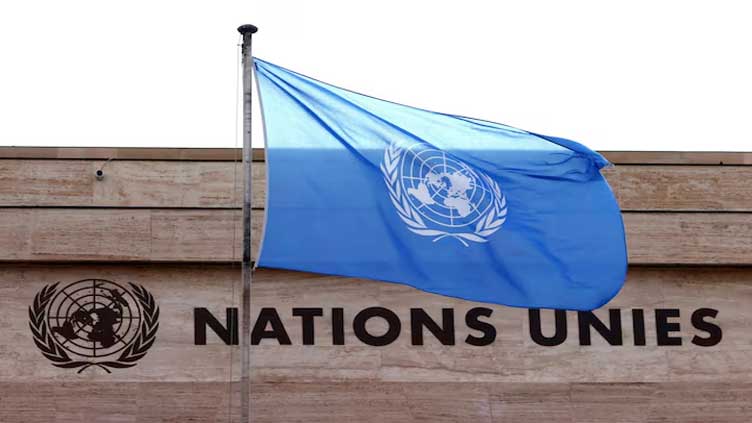Russia skips UN meeting pledging respect for humanitarian law

World
Russia skips UN meeting pledging respect for humanitarian law
GENEVA (Reuters) - Switzerland hosted United Nations Security Council members at a meeting in Geneva on Monday to recommit to international humanitarian law, describing an "alarming" global context characterised by over 120 armed conflicts, with Russia the only member absent.
Switzerland, which is one of the 15 members, organised the informal meeting to commemorate the Geneva Conventions, signed 75 years ago after World War Two in the Swiss city to limit the barbarity of war.
"I call for us to raise respect of the Geneva Conventions to the level of a top political priority," Swiss Foreign Minister Ignazio Cassis told the meeting attended by envoys from a range of countries, including 14 of the 15 U.N. Security Council members.
Asked about Russia's absence, he said that all members were invited to think about international humanitarian law collectively but said attendance was not compulsory.
Russia's envoy in New York described the meeting as a "waste of time".
"We believe that the Security Council should be focusing on more important matters than travelling around Europe," said Russia's Deputy Permanent Representative in New York Dmitry Polyanski in a message sent by the diplomatic mission in Geneva.
Russia is a 'P5' member which holds a permanent seat within the broader Security Council alongside the United States, France, Britain and China.
At the same meeting, the president of the International Committee of the Red Cross Mirjana Spoljaric described the Geneva Conventions as "under strain", referring to the Gaza conflict as well as Ukraine. Russia launched more than 100 missiles and around 100 attack drones at Ukraine on Monday, killing at least five people and striking energy facilities.


